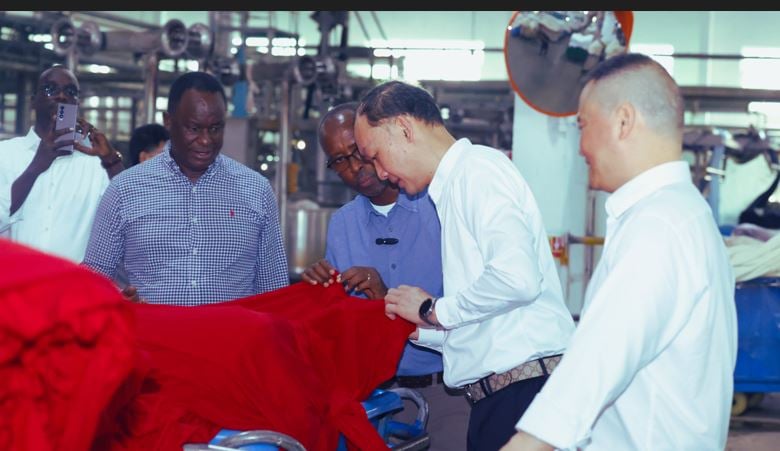Africa ranked least desired market for European startups

Safeboda, an online transport company allows passengers to pay using mobile money. PHOTO BY ERONIE KAMUKAMA
What you need to know:
The top challenges to internationalising for Africa are the difference in legislation and regulations, differences in tax systems, cultural differences and language barrier, Christine Kasemiire explains.
88 per cent of startups in Europe that took part in the European Union study in 2018 revealed that they had intentions to internationalise in 2019. The internationalisation strategy was to open up an office in one or two more countries.
However, the story was not as colourful for African countries as the continent ranked least desired market for operation.
Africa, with 9.4 per cent, came last after Australia with 14.1 per cent, South America with 14.8 per cent and Middle East came fourth with 15.3 per cent.
The startups ranked countries within the European Union as the leading desirable market to internationalise, followed by United States of America and Asia with 85 per cent, 43.4 per cent and 25.8 per cent, respectively.
According to the report, the biggest hindrances to internationalising are the difference in legislation and regulations, differences in tax systems, cultural differences and language barrier among others.
Typically, startups, especially the technology based, are viewed as global businesses with reach in different countries for example social media platforms, Facebook, Twitter among others.
However, not all startups are accessible in all parts of the world or country. Take for instance, while Safeboda is accessible in Kampala and Nairobi Kenya, it cannot be used in really deep rural areas.
Jumia food will also not be accessed in some peripheries of the city.
Mr Japheth Kawanguzi, team leader, Innovation Village, says accessibility depends on a cocktail of issues, including company strategy and regulation.
If an area is not particularly in a start-up’s target market, they most likely will not be accessible in that area.
“It depends on what the company’s target market is, for example Facebook, the world is its target market. Netflix, Ugandans have just started using it because it realised there is a target market,” he said explaining that access of the business stems mainly from its strategy.
Internationalising
Many technology startups in Uganda have been created but have failed to attain mass utilisation, partly informing the business mortality.
Could internationalising, like Safeboda did in Kenya, create an opportunity for start-ups in Uganda? Could the business have better reception from other countries after failing in Uganda?
Or could it mean, businesses from international markets will outcompete the local startups?
According to Mr Chris Lukolyo, country technical specialist, at United Nationals Capital Development Fund, (UNCDF) internalising can create an opportunity for local developpers since many challenges faced by people are not unique to Uganda alone.
“Sometimes, a problem has been solved elsewhere, depending on where a country is, it is facing a challenge that others have seen. So bringing a solution from elsewhere is a good thing,” he noted.
However, he said it is important for developers to tailor the innovations to the context in which they will operate, for instance, education level and language.
It is also essential in the fight against exclusion and prioritising the mantra, ‘Leaving no one behind,’ as is part of the fundamentals of UNCDF.
While internationalising by other innovators into Africa, for instance Uber, could create competition for local innovations such as Safeboda, healthy competition breeds efficiency.
Internationalising by international innovators also creates employment for the people in the countries in which they operate.
Challenges
The predominant challenge of lack of finances also inhibits many innovations from internationalising.
“We have many innovations within Uganda. But innovations from other countries can get funding because they pitch more clearly, have a better elaborated strategy, and this is the work UNCDF is doing, to improve the skills of Ugandan innovators,” Mr Lukolyo said.
Tech startups in Europe
Some of the startups from Europe include Bolt, formerly Taxify, based in Estonia and Tandem, a London-based financial management application, among others.




